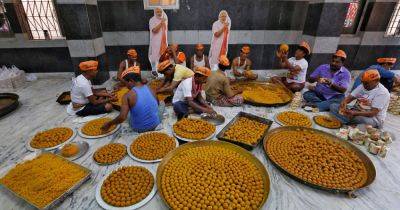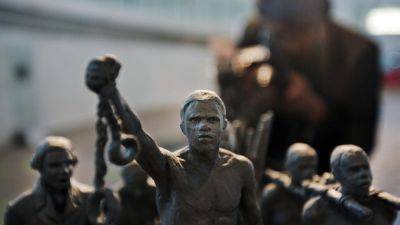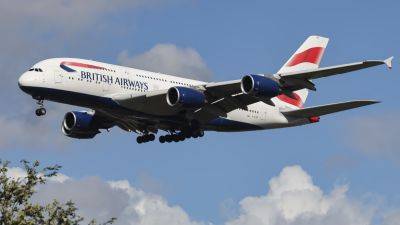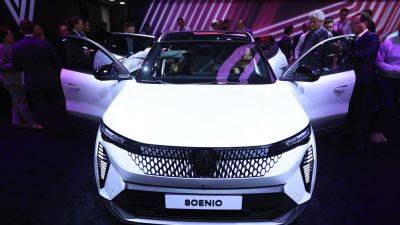F1 championships are increasingly being decided by how teams use new technology
Motor racing hasn't always been a display of precision engineering.
"Twenty years ago you built the car and found a wishbone would be going through a piece of body work; drill that out and you find the axles are in the wrong place," Williams CEO James Vowles told CNBC's "Inside Track."
Yet with 24 races packed into the modern Formula One season and a limit on how much money you can spend competing, even minor mistakes can cost titles. To avoid them, teams are relying more heavily on digital tools. Car designs are thrashed out virtually before being uploaded to a program which simulates airflow around them. Meanwhile, other software systems stress test each nut and bolt in different weather conditions to ensure the design will hold up over a full season.
"Once we think we found a design that is performant, we build a 60% version and put it in a wind tunnel," Dan Keyworth, director of business technology at McLaren, told CNBC, adding that these prototypes are fitted with hundreds of sensors that allow software engineers to simulate the car's performance in different scenarios.
Unlike a fully built car, which couldn't feasibly be flown around the world for testing, these "digital twins" allow teams to model conditions the real car will need to perform in. It also allows them to adapt the cars to each driver. "There's a lot of things that you analyze or work on before you get to the racetrack, including spending time on the simulator," said Red Bull driver Max Verstappen. "You really try and optimize the car as soon as it hits the ground."
Doing this with a digital twin allows teams to develop strategies for different circuits. Cars designed for fast tracks like Britain's Silverstone will lack the grip and downforce needed for







